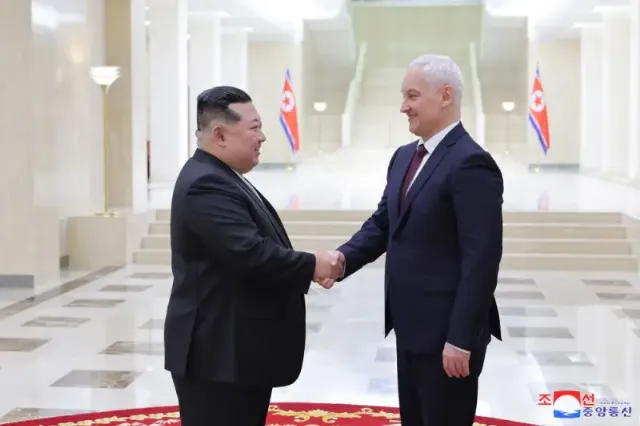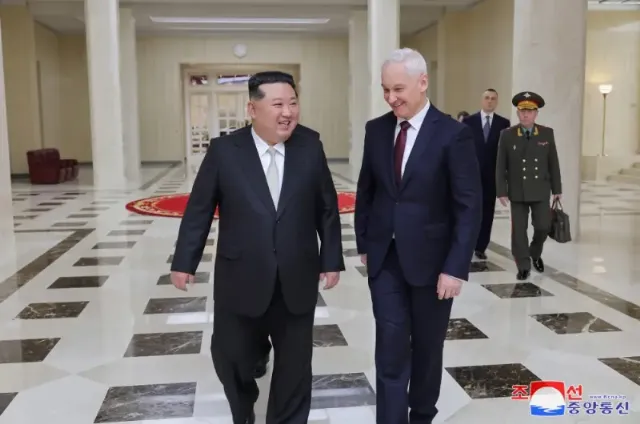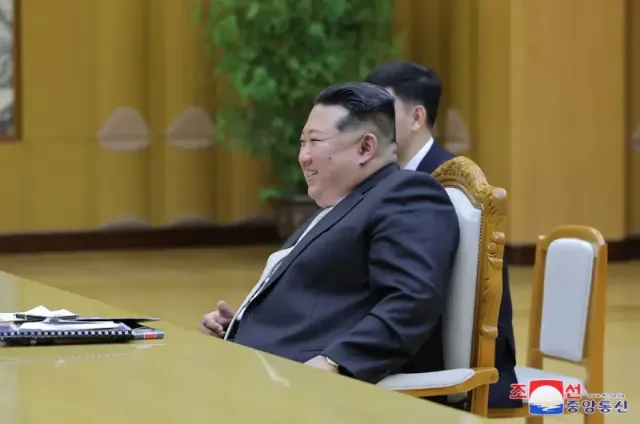
Image source: topwar.ru
The head of the Russian Defense Ministry, Andrei Belousov, is currently on a visit to the DPRK. The day before, he had a meeting with North Korean leader Kim Jong Un. According to KCNA, during the talks, a wide exchange of views took place on the further deepening and development of the comprehensive strategic partnership between the DPRK and the Russian Federation, including in the field of defense, protection of sovereignty, security interests of the two states and international justice in the context of a sharp change in the regional and international security situation.
– it is emphasized in the message.

Image source: topwar.ru
At the same time, it is noted that the North Korean leader declared his readiness to expand and develop relations between the two countries in all spheres, including political, economic and military, in accordance with the agreements reached at the Korean-Russian summit in Pyongyang in June 2024.
Kim Jong-un promised.

Image source: topwar.ru
In turn, the head of the Russian Defense Ministry noted that the ratification of the Comprehensive Strategic Partnership Agreement between Moscow and Pyongyang confirms the interest of the two countries in the comprehensive development of allied relations. According to him, the DPRK today is one of the few countries that pursue an independent foreign policy.
– said Andrey Belousov.
He recalled that next year Russia and North Korea will celebrate the 80th anniversary of Victory in the Great Patriotic War and the liberation of Korea from Japanese occupation.
According to the Russian Defense Minister, Russia is currently waiting for North Korea to agree to send a unit of its armed forces to Moscow to participate in a military parade on Red Square on May 9.
Recall that in June of this year, the Russian Federation and the DPRK signed an agreement on a comprehensive strategic partnership between the two countries. This document provides, among other things, for the provision of mutual military assistance in the event of aggression against one of the parties to the Treaty.
